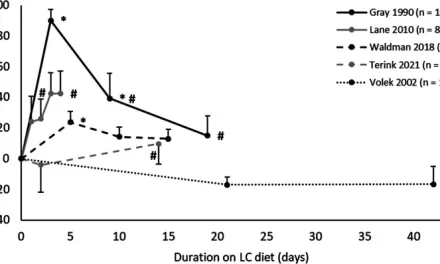A new study has uncovered a troubling link between high levels of per- and polyfluoroalkyl substances (PFAS), commonly known as “forever chemicals,” and poor sleep quality, which may predispose individuals to various health issues. This research highlights how these environmental contaminants, already associated with multiple cancers and neurological disorders, may also be quietly disrupting one of the pillars of good health—sleep.
The study, led by researchers at the University of Southern California (USC) and published in Environmental Advances, draws attention to four specific types of PFAS found in the blood: PFDA, PFHxS, PFOA, and PFOS. These “legacy PFAS” have long been present in products like Teflon-coated cookware, stain-resistant fabrics, waterproof clothing, and food packaging. Over time, they have contaminated water, food, and the human body, entering through ingestion or contact and persisting in the environment for decades due to their resistance to breakdown.
Sleep, A Crucial Health Indicator
Sleep is integral to maintaining good health, with most adults requiring 7 to 8 hours of restful sleep each night. Poor sleep can lead to a variety of chronic health issues, ranging from diabetes to neurodegenerative diseases like Alzheimer’s. The USC study, which collected blood samples and sleep data from 144 participants aged 19 to 24, revealed that those with elevated levels of PFDA, PFHxS, PFOA, and PFOS in their blood experienced 80 fewer minutes of sleep per night, on average. Additionally, they reported difficulty falling asleep, staying asleep, and waking up feeling tired, which significantly impaired their overall quality of life.
This research reinforces previous findings that linked PFAS exposure to a range of health concerns, including cancers of the breast, ovary, uterus, and skin, as well as neurological disorders from ADHD to Alzheimer’s disease.
Genetic Insights into Sleep Disruption
One of the groundbreaking aspects of the study was its exploration of the genetic impact of PFAS exposure on sleep. The researchers analyzed over 600 candidate genes and found that seven genes activated by PFAS seemed to influence sleep regulation. Among these was the HSD11B1 gene, which produces the hormone cortisol. Cortisol plays a crucial role in controlling the body’s circadian rhythm—the natural cycle of sleep and wakefulness.
Another gene identified, cathepsin B, is linked to cognitive function and memory. Disruption of this gene has previously been associated with Alzheimer’s disease, further underscoring the potential long-term neurological risks of PFAS exposure.
The Unseen Threat of PFAS
PFAS have earned the label “forever chemicals” because they resist environmental breakdown and accumulate in human tissues over time. While regulatory bodies have become more vigilant about PFAS, their widespread use in everyday products over decades has left a legacy of contamination. This study provides yet another reason for concern, connecting these substances to disruptions in sleep—a crucial, often overlooked, aspect of health.
With the increasing understanding of how environmental contaminants like PFAS affect the body, more focus is needed on developing policies to limit exposure, clean up contamination, and reduce health risks.












